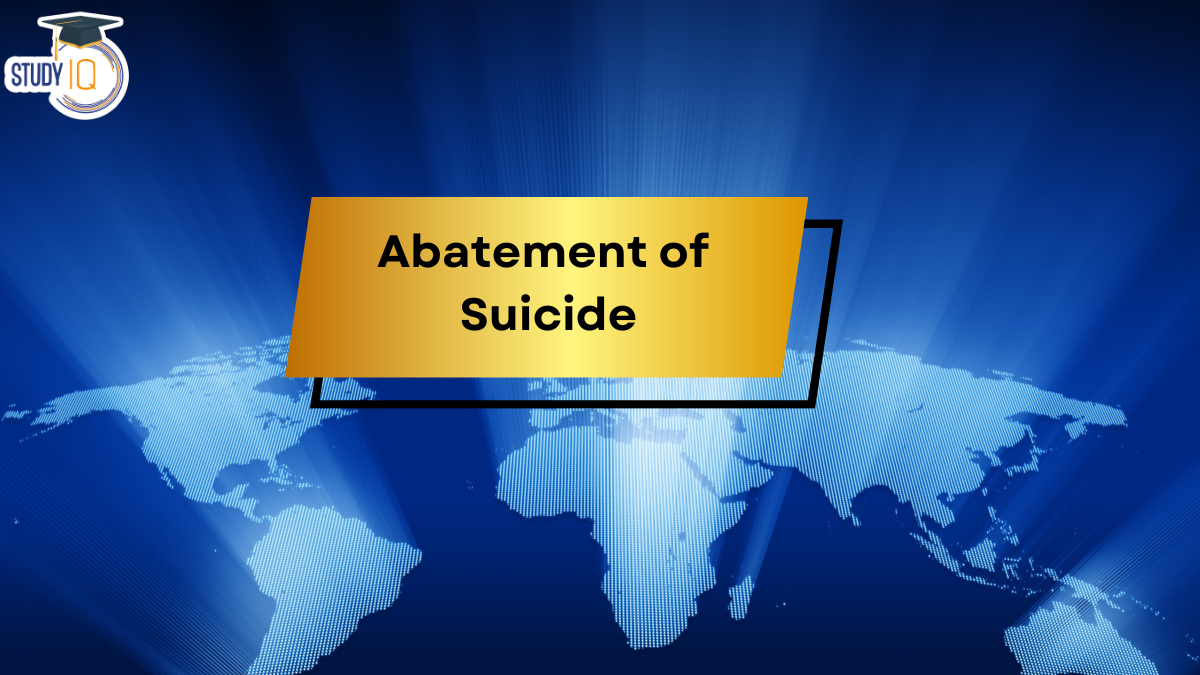Table of Contents
What is Abatement to Sucide?
- Abetment to suicide refers to the act of encouraging, instigating or aiding another person to commit suicide.
- Legal Framework:
- It is governed by Section 306 of the Indian Penal Code (IPC), which states:
- “If any person commits suicide, whoever abets the commission of such suicide shall be punished with imprisonment of either description for a term which may extend to ten years, and shall also be liable to fine.”
- To secure a conviction under Section 306 IPC:
- There must be evidence that the accused intended to provoke or directly acted to make the deceased feel trapped.
- The presence of a mens rea (guilty mind) is crucial.
Recent Supreme Court Ruling
The Supreme Court established illustrative (not exhaustive) criteria for assessing cases of abetment to suicide:
- Unbearable Harassment: Whether the accused created a situation of “unbearable harassment or torture” that made suicide appear as the only escape for the deceased.
- Exploitation of Vulnerability: Whether the accused exploited the emotional vulnerabilities of the deceased, leading them to feel “worthless or undeserving of life.”
- Threats and Intimidation: If the accused issued threats of harm to the deceased or their family, or threatened financial ruin.
- False Allegations: If false allegations were made against the deceased, potentially damaging their reputation and leading to public humiliation and loss of dignity.
Nature of ‘Incitement’
The Supreme Court defined ‘incitement’ to die by suicide as potentially arising from:
- Sentimental Ties: Emotional relationships that can lead to psychological disturbances during conflicts.
- Official Relations: Relationships grounded in professional obligations, where legal and regulatory expectations are prescribed


 Soyuz Aircraft: History, Design and Sign...
Soyuz Aircraft: History, Design and Sign...
 Topological Materials: The Future of Qua...
Topological Materials: The Future of Qua...
 China’s Deep Sea Station in South Chin...
China’s Deep Sea Station in South Chin...





















